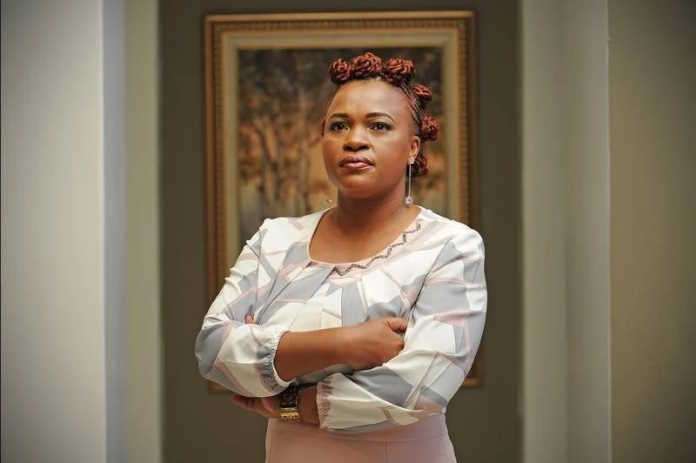In the world of academia, where integrity and reputation are paramount, Babalwa Ngonyama stands as a beacon of resilience and steadfastness. The former Chair of the University of Cape Town (UCT) Council, Ngonyama, has been thrust into the limelight, not for her numerous accomplishments in the educational realm but for her ongoing legal battle with UCT – a battle that has now transcended the confines of courtrooms and spilt into the public domain.
At the heart of this controversy is a letter sent by UCT’s Joint Investment Committee (JIC) to Camissa Asset Management. This letter, perceived by many as a thinly veiled threat, suggests the withdrawal of investment funds because of dividends that Ngonyama might receive through her business interests, which could potentially fund her legal pursuits against UCT. The implications of this letter are profound, not just for Ngonyama but for the very principles of fairness and autonomy in institutional governance.
Ngonyama’s response to these developments has been nothing short of dignified and assertive. In a detailed statement, she has condemned what she terms the ‘corporate bullying’ tactics of UCT, underscoring the university’s alleged use of its financial clout to intimidate and coerce. This scenario paints a troubling picture of a revered educational institution, possibly straying from its foundational values of impartiality and academic freedom.
Delving deeper into Ngonyama’s statement, one cannot help but observe the distressing narrative of an individual who, in her pursuit of justice, finds herself pitted against an establishment seemingly intent on safeguarding its interests. Ngonyama speaks of attacks not just on her professional standing but on a personal front – extending to her family, friends, and business associates. This, if true, represents a worrying escalation from professional disagreement to personal vendetta.
Furthermore, Ngonyama’s commentary on the supposed use of UCT’s JIC and Retirement Funds for political manoeuvring raises critical questions about the governance and ethical stewardship within the university. The funds, as Ngonyama points out, are meant for developmental purposes, devoid of political motivations. The alleged blurring of these lines is a matter that should concern not just those directly involved but also the broader academic community and stakeholders in education.
The crux of Ngonyama’s argument, however, lies in her steadfast commitment to clearing her name and defending her integrity. Despite resigning from her position on the Board of Camissa and other entities due to the pressure exerted on her, Ngonyama’s resolve appears unshaken. She describes UCT’s actions as character assassination and psychological intimidation, tactics she believes are employed to deter her from her legal battle.
This situation brings to the fore the delicate balance between personal rights and institutional authority. Ngonyama’s plight is not just a legal wrangle but a narrative about an individual’s fight for fairness against an institution’s might. It is a story that resonates with anyone who has ever felt marginalized or overpowered by larger entities.
As the legal battle ensues, Ngonyama remains undeterred, looking forward to the outcome of the High Court. Her commitment to UCT’s integrity and her aspiration to safeguard its reputation as a pillar of academic excellence, even amidst her struggles, are commendable. This battle, while personal, carries with it the weight of principles that are fundamental to the ethos of academia.
In a world increasingly fraught with power plays and institutional overreach, Babalwa Ngonyama’s stance is not just a personal crusade but a symbol of resistance against what she perceives as an infringement on justice and fairness. As this drama unfolds, it will undoubtedly set a precedent for how conflicts between individuals and institutions are perceived and resolved, not just in South Africa but in the broader academic world.












